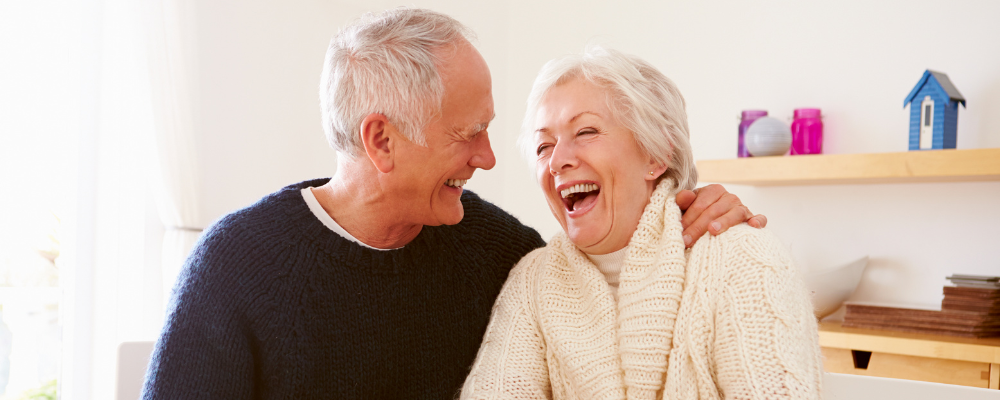
Home Safety: Essential Tips for Older Adults
Home safety for older adults is crucial, especially as more seniors live independently. While many people focus on external dangers, it’s equally important to consider risks inside the home.
Accidents such as burns, falls, and poisonings are among the most common hazards for older adults. Additionally, seniors are often targets for crimes, making home security a top priority.
To help create a safe living environment, here are essential home safety tips for older adults.
Emergency Contacts to Keep Handy
Having important phone numbers easily accessible can make a difference in an emergency. Every older adult should have:
- 911 – Emergency assistance for police, fire, or medical situations.
- Poison Control: 1-800-222-1222 – For accidental poisoning or medication concerns.
- Family, friends, or doctor contacts – Quick access to trusted individuals in case of emergencies.
Home Safety Tips for Seniors
1. Remove Clutter to Prevent Falls
Keep hallways, staircases, and living areas free from clutter to prevent tripping hazards.
2. Secure Stair Handrails
Loose handrails increase the risk of falls. Ensure they are tight and sturdy for better support.
3. Fire Prevention and Safety
Install smoke detectors and replace batteries regularly.
Keep heaters at least three feet away from flammable objects.
4. Eliminate Rug Hazards
Loose rugs can cause trips and falls. Consider removing or securing them with non-slip backing.
5. Prevent Poisoning
Install a carbon monoxide detector near bedrooms and check batteries frequently.
Never mix household cleaning chemicals, such as bleach and ammonia, as they create toxic fumes.
6. Inspect Stairs and Flooring
Check for uneven steps, loose boards, or ripped carpet to prevent falls.
7. Improve Lighting for Better Visibility
Install night lights and ensure pathways are well-lit to prevent missteps in the dark.
Outdoor Safety for Older Adults
1. Driveway and Sidewalk Safety
Keep walkways clear of ice and snow during winter months to reduce slip hazards.
2. Garage Safety
Consider installing an automatic garage door opener for easier and safer access.
3. Avoid Hiding Spare Keys Outside
Instead of placing a spare key under a mat or plant, give one to a trusted neighbor or family member.
4. Keep Porches and Decks Free of Clutter
Outdoor walkways should remain clear to reduce fall risks and provide a direct path in case of emergencies.
Additional Safety Considerations
Consider installing a walk-in tub, raised toilet seat, and smart home devices for added convenience and safety.
Never use an oven to heat the home, and always turn off space heaters before bed.
Check for torn electrical wires and avoid overloading power outlets.
Hiring a professional for home repairs and installations is a great option to reduce the risk of injury. Making these small adjustments can greatly enhance home safety for older adults.